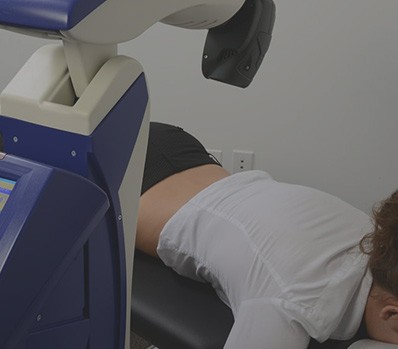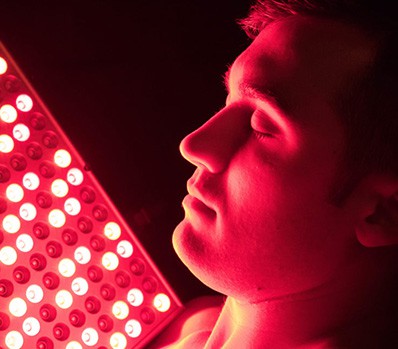The knee joint is one of the largest joints in the body, and for athletes one of the most important. Without a flawlessly functioning knee, the game-winning jump shot, the dramatic spike at the net or the last-minute field goal would be impossible.
Knee injuries can be just as significant for individuals with a less active lifestyle. Without the use of a flexible, strong knee, an older patient may give up on regular exercise, contributing to a variety of chronic health problems. When walking the Golden Retriever or chasing an energetic grandchild around the playground begins to seem like a struggle, enjoyment of life can easily slip away.
Most knee injuries involve damage to the cartilage, the tough, flexible tissue that keeps the bones from rubbing together as a joint bends. Knee injuries may also involve the ligaments that stabilize the joint by preventing sideways movement and buckling. Muscles, too, play an important role in keeping the joint stable, and injuries to the leg or thigh muscles can result in improper functioning of the knee.
Types of Injuries
As an experienced Dayton, Ohio orthopaedic surgeon, Dr. Paul A. Nitz is skilled in treating a wide array of knee injuries. There are many ways this joint can be damaged. These include:
Meniscal cartilage tears. This type of injury involves a twisting of the knee and a resulting tear in the cartilage. These tears become more likely as we age and the cartilage loses some of its flexibility. Patients who suffer a meniscal cartilage tear report pain, swelling, a narrowing of range of motion, and sometimes even a locking of the knee.
Articular cartilage injury. This is the most serious knee injury, as it involves damage to the surface cartilage. Because of the location of articular cartilage, torn pieces can end up “floating” in the knee, damaging other structures and sometimes causing a locking of the joint. Surgery in this case not only smooths the edges of the cartilage, but also removes any debris.
Rupture of the anterior cruciate ligament. This happens most often as a result of vigorous physical activity. When this ligament is damaged, it causes instability in the knee, which in turn makes further knee injury more likely. To repair an anterior cruciate ligament injury, a new ligament typically must be constructed to replace the damaged one.
Patellar (kneecap) injury.
Treatment Options
Some types of knee conditions can be addressed without surgery. Depending on the extent and type of injury, Dr. Nitz may recommend various non-operative treatment options when appropriate. Damage to cartilage, however, will usually require a surgical solution, as cartilage will rarely heal on its own.
Ignoring a tear is not a wise option. Pain and inconvenience will only worsen over time, and the chance that a sufferer will develop osteoarthritis in the joint increases dramatically. Symptoms of osteoarthritis may not appear for a decade or more, but at some point your lifestyle and comfort will be significantly impacted.
The solution to a tear is usually a surgical one: either repair the tear or remove the torn section of cartilage. Repairs are most commonly attempted in younger patients; the majority of surgeries are arthroscopic procedures in which the damaged portion of the cartilage is cut away and smoothed.
All-Inside ACL Reconstruction with Arthrex® GraftLink®
The good news is that most procedures can be done arthroscopically, using a small instrument tipped with a tiny camera. This surgical tool requires only a small incision, and gives your surgeon a range of options in deciding where to trim cartilage and how much. Because it provides real-time video of the internal structures of the knee, it is an ideal diagnostic tool as well. Arthroscopy can also be used to treat knee cap injuries and even inflammatory conditions such as rheumatoid arthritis.
For more information on knee injuries and effective treatment solutions, schedule a personal consultation with orthopaedic surgeon Dr. Nitz by calling or emailing our Dayton, OH office today.

